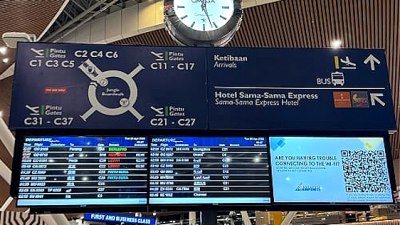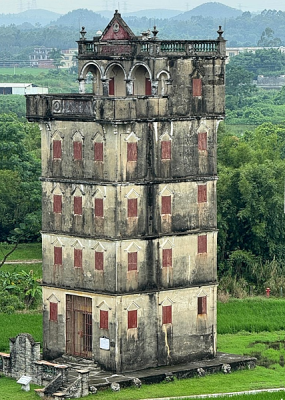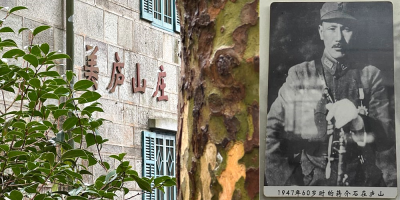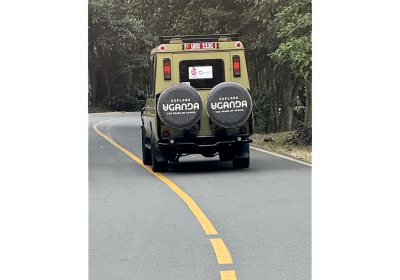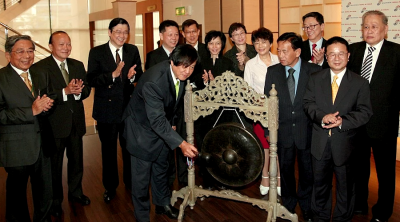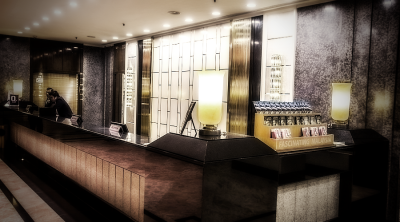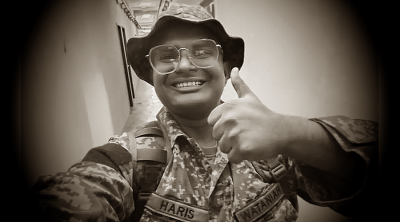I have travelled to a total of 137 countries and territories around the world, and have on average moved in and out of airports over a hundred times each year, and of course have had countless “encounters” with airport immigration officers the world over, although we don’t actually know each other.
As a matter of fact, you may have noticed that these people normally sit inside a glassed counter at a slightly higher position so that they can “look down” on you from high.
And it seems that they have to conjure up that kind of lofty image to overwhelm the visitors standing in front of them, not to mention the ugly faces they will put on now and then in front of you.
Is this the posture any foreign visitor should have of a country’s civility: being constantly precarious and cautious?
In some countries, the officers will read out your name after they take the passport from you and browse inside.
As a matter of fact, this is often done to ascertain something, from the way the visitor responds: whether the passport actually belongs to the person standing in front of them.
And in some airports, it is customary for the officers to flip your passport and search every page in detail before they put it on a scanner to confirm its authenticity.
Others will inspect every stamp on your passport without saying a word or showing any facial expression.
In short, they want to check the authenticity of the passport by observing your response in order to know the exact purpose of your visit.
I guess these people could have been trained to read the visitors! Because of that, these people have no choice but to constantly put on their stern faces, probably out of discipline or duty requirement.
Of course, there are always some nicer ones at the immigration counters, but probably because I don’t look too good, I almost never come across any caring or easy-going immigration officers.
Meanwhile, some of the visitors have been stopped most possibly because their actual intention of stay is highly suspected by the officers.
In the UK, for instance, the most common reason a visitor is stopped at the immigration counter is because he or she is suspected of taking up a job illegally in the country.
The same went for Japanese airports before the turn of the century. As for airports in the United States, the officers will invariably see any visitor as a potential terrorist or overstayer.
That said, human rights are always more respected in developed countries. If you unluckily get picked out by the officers, you will be taken into an interrogation room, with a professional interrogator trying to make you confess your intention of stay, before a senior officer signs off the papers to have you repatriated.
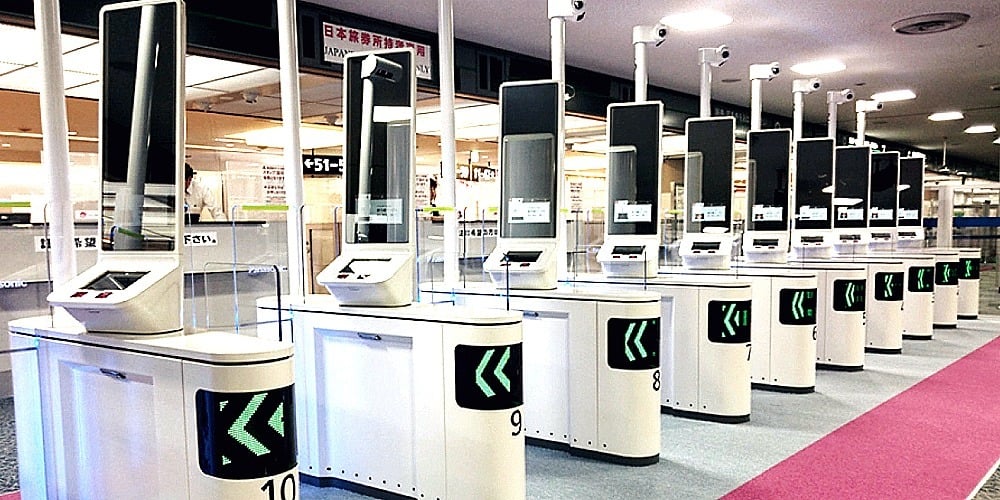
Without the slightest doubt, the airport immigration is a perfect hotbed for a handful of black sheep trying to make some indecent quick bucks.
In underdeveloped third world countries, in particular, the immigration SOPs to make life difficult for innocent tourists are unbelievably varied, as the officers try to find fault with you, often in a menacing manner.
The most commonly encountered are their suspicion of the authenticity of your passport, incompatibility of your e-visa, unacceptable reasons for your visit, not enough information about your hotel accommodation, no return flight ticket, no hard copies of travel documents, unrecognised travel insurance, insufficient cash, etc.
In short, they are trying to blow up a minor issue into a major one so that they can get what they want.
These officers are often very well prepared to have you dragged into their traps and will almost always succeed. Of course, some of them will hint to you that a little cash can get the problem solved, for example, by slipping a US$10 note inside your passport before handing it over.
Some of the airport immigration officers will purposely “forget” to stamp your passport when you enter the country.
The thing is: they will come after you when you are leaving the country, questioning you whether you have entered the country illegally.
Then you will be taken into an interrogation room where they will tell you sternly that you may have to go to jail, or be fined heavily, and most probably you will miss your flight. In the end?
Of course, you hand in your cash to have the problem settled.
It has been said that any problem that can be solved with money is not a problem at all, which is very true. No wonder there is this unofficial “price list”: if you don’t have a stamp on your passport, the price to pay is RM300, no hard copy of air ticket RM50 each, upward of RM3,000 if you are forced to buy a return ticket home, and over 10k for a special pass to admit you into the country. And we are not talking about prices for Somalia in Africa, OK!
There was this time when we were about to board our flight for our next destination at Tunisia’s airport. There were plenty of plainclothes customs officers who would first stare at your carry-on baggage, before they showed up, identified themselves, and asked: Do you have any foreign currency? How much? You’re not allowed to take out of the country more than US$3,000 in cash.
The officers would then search your body thoroughly, take you into their office, deny you an interpreter, and threaten to stop you from boarding your flight. In the end, they would give you back some foreign currencies, but where is the rest of the money?
You would then realise that your flight has already departed, and all you have to do is to fork out an enormous sum of money for a new ticket.
Really, these officers are very powerful people, and when they tell you you are smuggling some foreign currencies out of the country, there’s no way you can defend yourself.
This shows that all travellers must be well aware of the currency regulations before departing a country, in addition to all the necessary certificates such as vaccination for yellow fever and COVID-19.
Besides, you must also have photocopies of the relevant documents, your itineraries, hotel accommodation, onward flight tickets, and preferably the contact numbers of some local friends.
For example, when I was entering China from Xiamen recently, I was required to provide the name and contact number of my Chinese friend.
Honestly, we should appreciate the work of airport immigration officers simply because the airport is such a complicated place where all kinds of people from around the world come and go.
As a result, the officers will have to be constantly alert to stop possible drug traffickers, human smugglers as well as terrorists, to ensure that their country is safe from these undesirable elements. In short, they are tasked with an enormous and very important mission.
Unfortunately, there are always some law enforcers who would flout the laws themselves.
They are not only arrogant and indolent, but are also extremely greedy and corrupt, such that the unscrupulous acts of a small bunch of people would tarnish the reputation of the whole country.
It’s said that a bad government policy is more destructive than corruption. It is imperative that airport immigration procedures move in tandem with the times in order to connect seamlessly with the world.
(Lee San is Founder and Group Executive Chairman of Apple Vacations. He has travelled to 132 countries, six continents, and enjoys sharing his travel stories and insights. He has also authored five books.)
ADVERTISEMENT
ADVERTISEMENT






